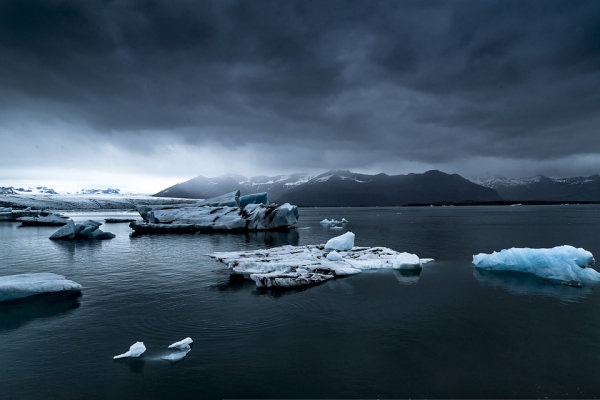According to satellite observations, Arctic sea ice reached its annual minimum extent on Sept. 18, 2022. The ice cover shrank to an area of 4.67 million square kilometers (1.80 million square miles) this year, roughly 1.55 million square kilometers (598,000 square miles) below the 1981-2010 average minimum of 6.22 million square kilometers (2.40 million square miles).
Summer ice extent in and around the Arctic Ocean has declined significantly since satellites began measuring it consistently in 1978. The past 16 years (2007 to 2022) have been the lowest 16 minimum extents, with 2022 tying 2017 and 2018 for 10th-lowest in 44 years of observations. The satellite record is maintained by the National Snow and Ice Data Center (NSIDC), which hosts one of NASA’s Distributed Active Archive Centers.
“This year marks a continuation of the much-reduced sea ice cover since the 1980s,” said Walt Meier, a sea ice researcher at the National Snow and Ice Data Center. “That is not something that is random variations or chance. It represents a fundamental change in the ice cover in response to warming temperatures.”
Read more at NASA
Photo Credit: Pexels via Pixabay


